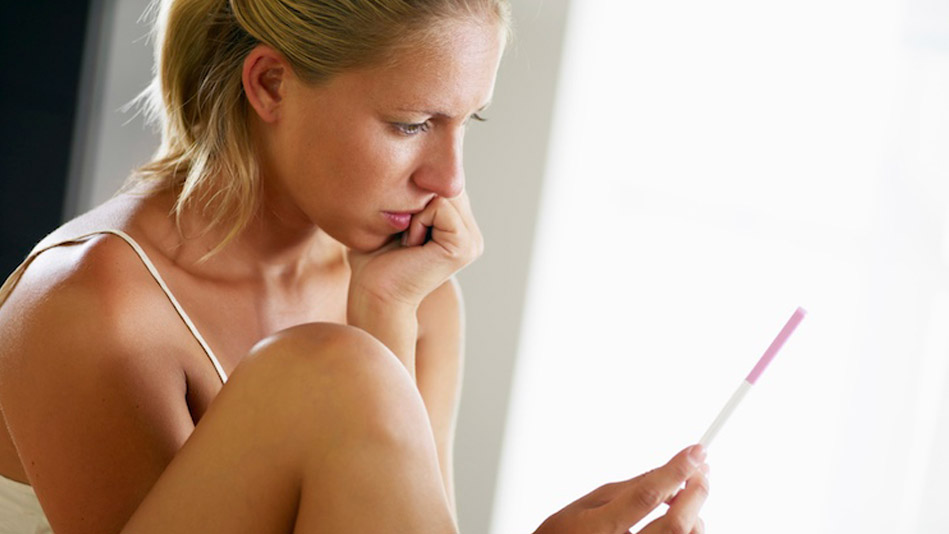Surprising Reasons You're Not Getting Pregnant Right Away
For about 20 percent of couples, there's no obvious reason why it's taking so long to conceive. We've looked beyond the usual suspects: stress, coffee, cigarettes, bad timing, blockages...and birthdays.

Photo: Thinkstock
You have the universal blood type.
First off: There's no big red flag here. Forty-four percent of us have type O blood, and most have no trouble conceiving. But a study at Yale University School of Medicine got our attention when it found that, among female fertility patients in their 30s, those with type O were twice as likely as other blood types to have a hormone profile that made their ovaries seem older than their age. As a group, their FSH (follicle-stimulating hormone) levels more often passed a threshold (>10 mIU/ml) that suggests a lower egg reserve.
The lesson: "Blood type serves only as an alert—it's not a risk factor," stresses Lubna Pal, MD, the study's senior author and a researcher in reproductive endocrinology, who doesn't want healthy women to worry needlessly. For those with type O who have been struggling to conceive, she says, the best thing to do with this information is to weigh it with other factors known to reduce fertility. For instance, if you also smoke or your mother reached menopause at an early age, this finding might prompt you to adopt a healthier lifestyle and to talk to your doctor sooner than you might otherwise. Lastly, don't panic: Elevated FSH doesn't prevent you from getting pregnant. (Only levels higher than 20 mIU/ml are considered an indicator of infertility.)
It has been him all along (even if his initial tests came out okay).
For prospective dads, the usual fertility workup (sperm count, volume, concentration, motility and morphology) doesn't reveal the whole picture, says Sheena Lewis, a professor of reproductive medicine at Queen's University Belfast. Problem is, those tests don't detect sperm DNA damage, which Lewis and her colleagues pegged as the major culprit behind "idiopathic infertility" (when doctors have no clue why you're not pregnant yet). In their study, a striking 80 percent of cases with that diagnosis were resolved after testing for sperm DNA damage.
The lesson: Consult with your doctor about a test such as the comet assay, which, Lewis says, measures the amount of DNA damage in individual sperm. (Since this type of testing is still considered experimental, many insurance companies won't cover the cost.) When more than 25 percent of the DNA is abnormal, fertility specialists usually recommend intracytoplasmic sperm injection (ICSI), a procedure that involves selecting sperm and injecting it directly into the egg.
Your "sunshine hormone" levels are low.
In the winter, couples who live near the Arctic Circle don't conceive as often as usual—and it's not because they don't have sex in the nearly-round-the-clock dark, report scientists at Austria's University of Graz. The slowdown may happen because they're deficient in vitamin D, which the body synthesizes from sunlight. (At least 41 percent of Americans don't get enough, either, especially in the winter.) While scientists haven't determined exactly how (or how much) vitamin D figures into fertility, early research suggests that it plays several crucial supporting roles. A steroid hormone, it stimulates and balances sex hormones. Vitamin D-deficient rats have elevated FSH levels, take much longer to conceive, and more often miscarry. And in IVF studies, low vitamin D is a predictor of failure, while sufficient levels are associated with a four-times higher success rate.
The lesson: There's no official vitamin D guideline for fertility (not yet, anyway). But because it can be hard to get enough from the winter sun or from food, the Endocrine Practice Guidelines Committee recommends a moderate 1500–2000 IU daily supplement. (That said, avoid heavy-duty doses: One small study found that they may actually impair fertility.)
Next: The water bottle you should definitely avoid



